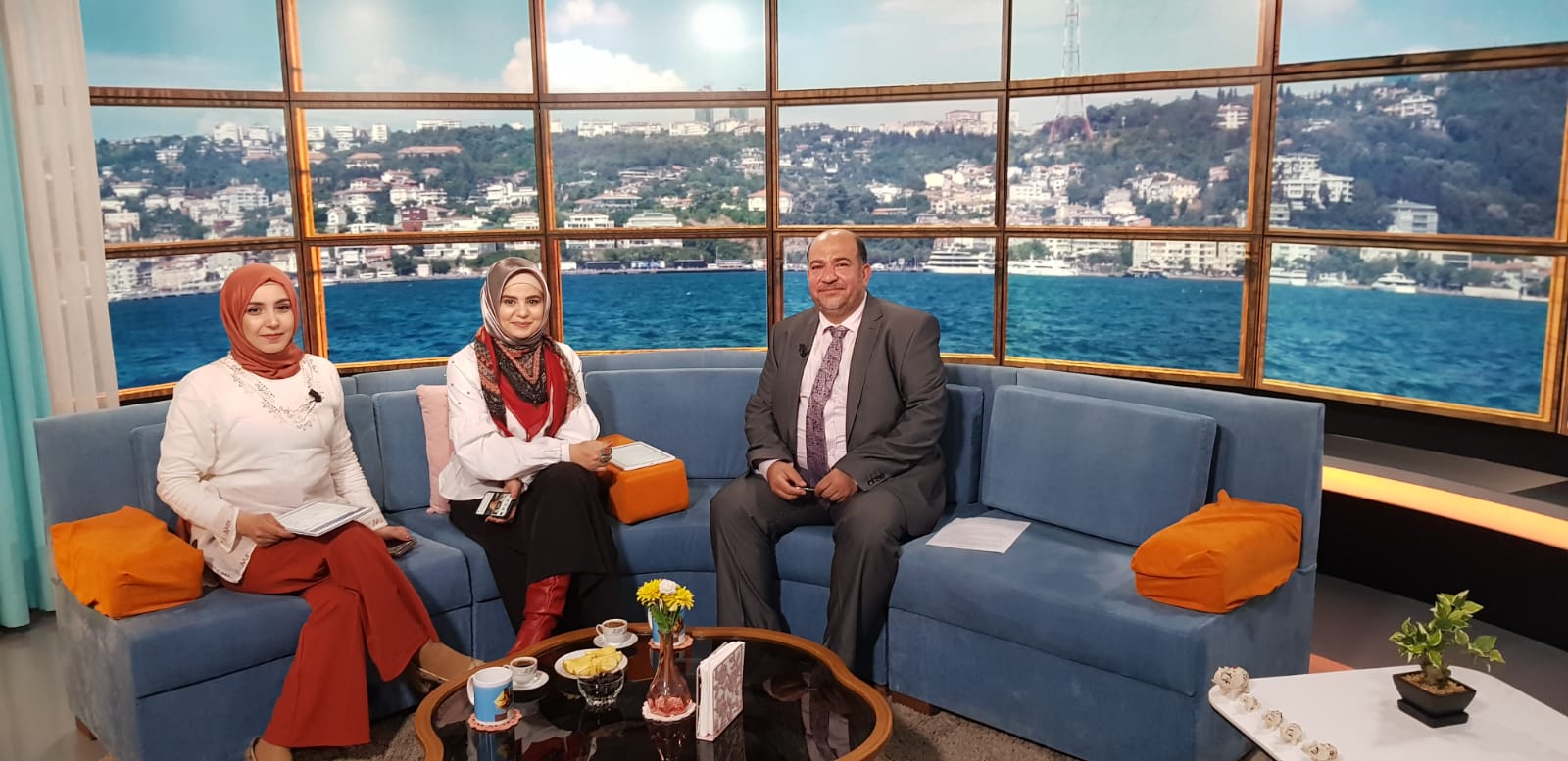
Protection of Family and Respect for Family Life in Human Rights Law
Protection of Family
and Respect for Family Life in Human Rights Law
Ahmad Elterk
Introduction
Many teenagers do not realize the importance of the family. They do not spend enough time with their family. The family is the most valuable component of the society. When thinking about this objectively, we conclude that parent / family only want the best for their children.
When times are rough and the child think that no one believes in him, his family will always be there to make him happy. His family will always have his back. A lot of people in this world only help people for self-gain, but parents are willing to act selflessly for their kids
Human Rights belong to all of us. They are a universal set of minimum standards – they are not gifted to us, or earned, and while they can sometimes be limited or restricted, they can never be taken away. Although human rights are based on number of shared values such as fairness, respect, equality and dignity, they go far beyond this. Human Rights set down a rule book for governments on how we should be treated, laying down minimum standards backed up by law.
After World War II, the international community came together and said “never again”. It was recognised that whilst democracy was a partial check on power, it was not enough. Modern Human Rights first became defined in the Universal Declaration of Human Rights (UDHR) in 1948. The UDHR is considered to be the Foundation for international human rights law.
Two female delegates, from India and Pakistan played a crucial role in the drafting of UDHR. Indian delegate, Hansa Mehta, champion of women’s rights in her home country, revised the phrase “All men are born free and equal” to “All human beings are born free and equal” in Article 1 of the Declaration.
Begum Shaista Ikramullah from Pakistan fought for the inclusion of Article 16, on equal rights in marriage, which she saw a way to combat child marriage and forced marriage.
Article 12 of the UDHR
No one shall be subjected to arbitrary interference with his privacy, family, home or correspondence, nor to attacks upon his honour and reputation. Everyone has the right to the protection of the law against such interference or attacks.
Article 16 of the UDHR
(1) Men and women of full age, without any limitation due to race, nationality or religion, have the right to marry and to found a family. They are entitled to equal rights as to marriage, during marriage and at its dissolution.
(2) Marriage shall be entered into only with the free and full consent of the intending spouses.
(3) The family is the natural and fundamental group unit of society and is entitled to protection by society and the State.
In 1950, The European Convention on Human Rights was drafted and signed up by 47 States, including the UK. The ECHR is a treaty which has a number of articles each one protects a basic human right.
ARTICLE 8 of the (ECHR) Right to respect for private and family life:
1. Everyone has the right to respect for his private and family life, his home and his correspondence.
2. 2. There shall be no interference by a public authority with the exercise of this right except such as is in accordance with the law and is necessary in a democratic society in the interests of national security, public safety or the economic well-being of the country, for the prevention of disorder or crime, for the protection of health or morals, or for the protection of the rights and freedoms of others.
The Human Rights Act
The Human Rights Act 1998 sets out the fundamental rights and freedoms that everyone in the UK is entitled to. It incorporates the rights set out in the European Convention on Human Rights (ECHR) into domestic British law. The Act protect the the public from having their human rights taken away by the state. It means that public authority have a legal obligation to uphold our human rights. A public authority, could be a school, or a hospital or government. So, if you are a neglected child, or abused wife or disabled husband then you will have rights under this law to be treated properly and with dignity. The Human Rights Act came into force in the UK in October 2000.
What human rights are covered by the Act?
The Act sets out your human rights in a series of ‘Articles’. Each Article deals with a different right. These are all taken from the ECHR and are commonly known as ‘the Convention Rights’:
• Article 2: Right to life
• Article 3: Freedom from torture and inhuman or degrading treatment
• Article 4: Freedom from slavery and forced labour
• Article 5: Right to liberty and security
• Article 6: Right to a fair trial
• Article 7: No punishment without law
• Article 8: Respect for your private and family life, home and correspondence
• Article 9: Freedom of thought, belief and religion
• Article 10: Freedom of expression
• Article 11: Freedom of assembly and association
• Article 12: Right to marry and start a family
• Article 14: Protection from discrimination in respect of these rights and freedoms
• Protocol 1, Article 1: Right to peaceful enjoyment of your property
• Protocol 1, Article 2: Right to education
• Protocol 1, Article 3: Right to participate in free elections
• Protocol 13, Article 1: Abolition of the death penalty
Article 8 protects your right to respect for your private and family life
Article 8 protects your right to respect for your private life, your family life, your home and your correspondence (letters, telephone calls and emails, for example).
What is meant by private life?
You have the right to live your life privately without government interference.
The courts have interpreted the concept of ‘private life’ very broadly. It covers things like your right to determine your lifestyle, and the way you look and dress. It also includes your right to control who sees and touches your body. For example, this means that public authorities cannot do things like leave you undressed in a busy ward, or take a blood sample without your permission.
The concept of private life also covers your right to develop your personal identity and to forge friendships and other relationships. This includes a right to participate in essential economic, social, cultural and leisure activities. In some circumstances, public authorities may need to help you enjoy your right to a private life, including your ability to participate in society.
This right means that the media and others can be prevented from interfering in your life. It also means that personal information about you (including official records, photographs, letters, diaries and medical records) should be kept securely and not shared without your permission, except in certain circumstances.
What is meant by family life?
You have the right to enjoy family relationships without interference from government. This includes the right to live with your family and, where this is not possible, the right to regular contact.
What is meant by home?
The right to respect for your home does not give you a right to housing. It is a right to enjoy your existing home peacefully. This means that public authorities should not stop you entering or living in your home without very good reason, and they should not enter without your permission. This applies whether or not you own your home.
Are there any restrictions to this right?
There are situations when public authorities can interfere with your right to respect for private and family life, home and correspondence. This is only allowed where the authority can show that its action is lawful, necessary and proportionate in order to:
• protect national security
• protect public safety
• protect the economy
• protect health or morals
• prevent disorder or crime, or
• protect the rights and freedoms of other people.
Action is ‘proportionate’ when it is appropriate and no more than necessary to address the problem concerned.


